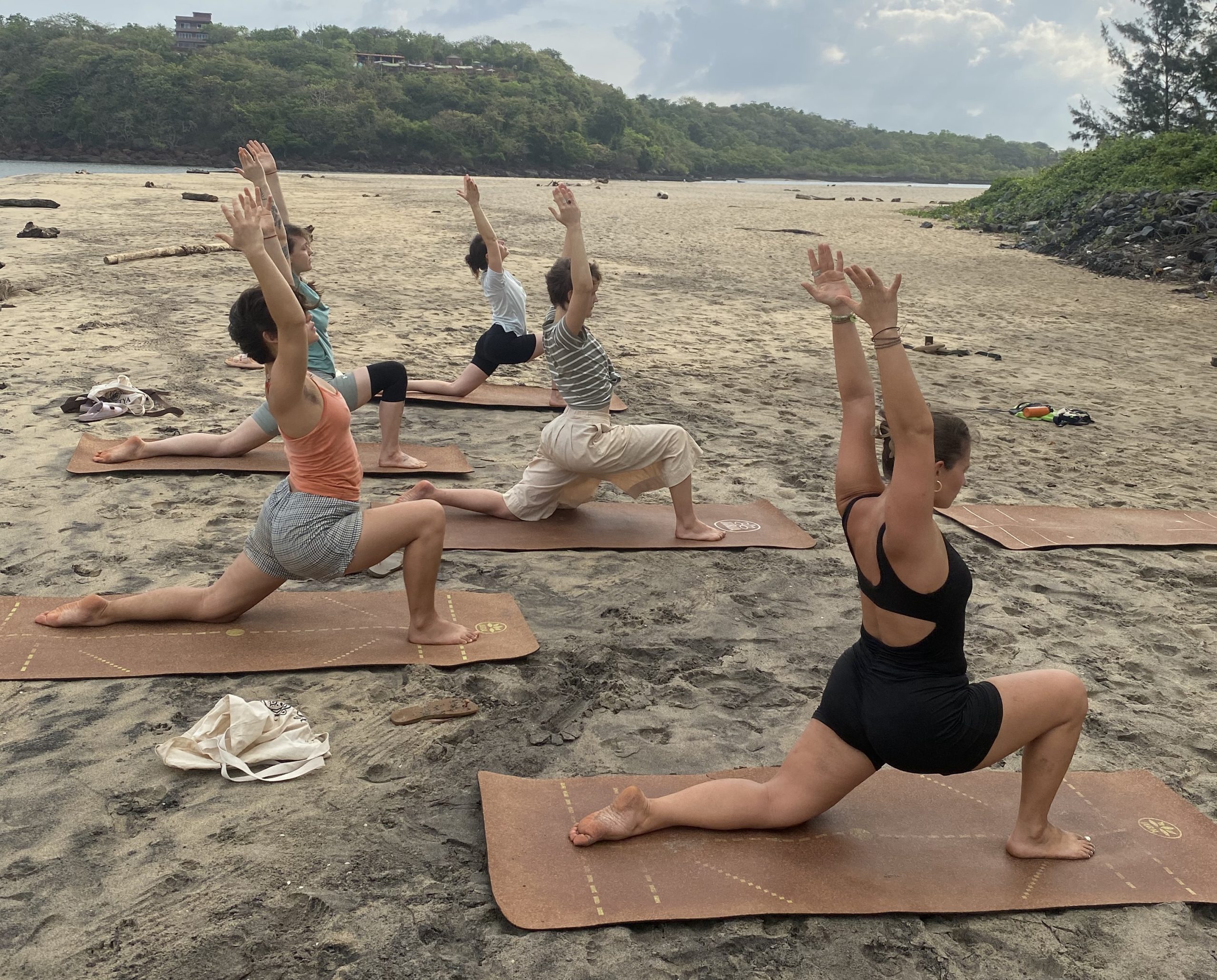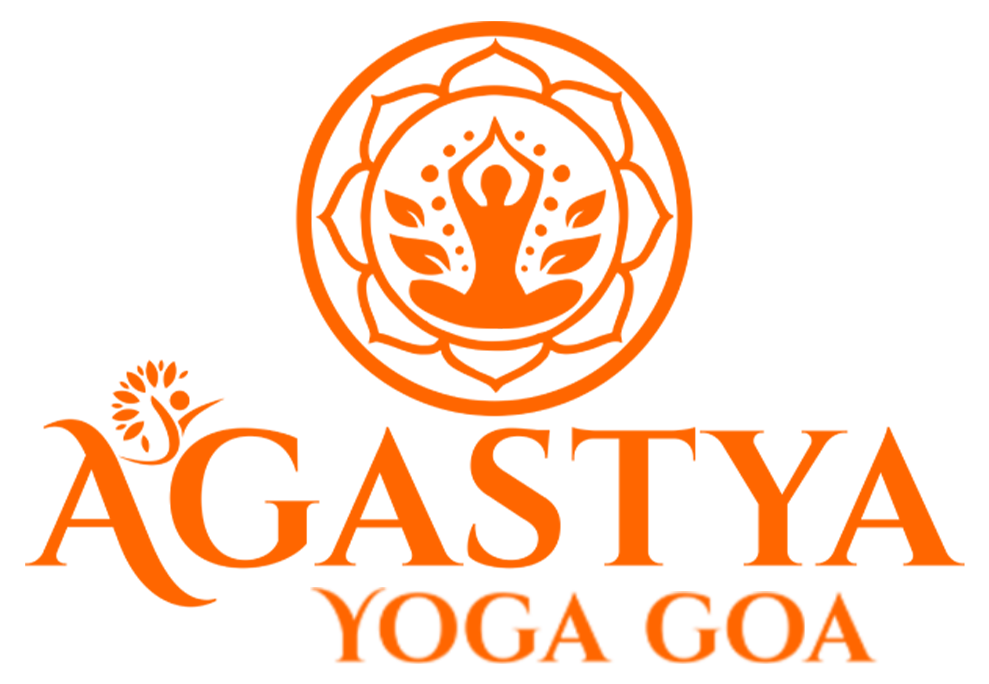
Yoga Teacher and Trainer in Goa
The serene beaches, lush greenery, and tranquil vibe of Goa create the perfect sanctuary for deepening your yoga practice and sharing its transformative power. If you feel the call to guide others on their wellness journey, becoming a Yoga Teacher and Trainer in Goa is a profoundly rewarding path. This article outlines the steps and the comprehensive training you’ll undergo to step confidently into this role.
Why Choose Goa for Your Yoga Teaching Journey?
Goa’s unique blend of natural beauty, spiritual energy, and welcoming community fosters an ideal environment for immersive learning. Aspiring to be a Yoga Teacher and Trainer in Goa means training in a place where yoga isn’t just exercise; it’s woven into the fabric of life. The supportive network of experienced teachers and dedicated students here provides an unparalleled foundation.
Steps to Becoming a Certified Yoga Teacher & Trainer:
-
Deepen Your Personal Practice: Before teaching, cultivate a consistent, dedicated personal practice (ideally 1-2 years minimum). Understand how postures, breath, and philosophy feel in your own body and mind.
-
Choose Your Training Level:
-
200-Hour Yoga Teacher Training (YTT): The foundational certification. This is the essential first step, qualifying you to teach general Hatha, Vinyasa, or similar styles.
-
300-Hour Advanced YTT: For certified 200-hour teachers seeking deeper knowledge, specialization (like Yin, Restorative, Ayurveda, or Anatomy), and refinement of teaching skills. Completing 200+300 hours grants you the 500-hour level.
-
Specialized Certifications: Enhance your offerings with courses in Prenatal Yoga, Kids Yoga, Yoga Therapy, or Meditation.
-
-
Select a Reputable School: Research schools in Goa thoroughly. Look for Yoga Alliance (YA) accreditation (or equivalent), experienced lead trainers, a clear curriculum, positive reviews, and an environment that resonates with you. Finding the right school is crucial for your journey as a Yoga Teacher and Trainer in Goa.
-
Immerse Yourself in Training: Dedicate yourself fully to the intensive residential program. This is where transformation happens.
-
Practice Teaching & Find Your Voice: Embrace every opportunity to teach your peers during training. Authenticity and clear communication are key.
-
Get Certified & Insured: Upon successful completion, receive your certificate. Obtain professional liability insurance before starting to teach publicly.
-
Start Teaching & Keep Learning: Begin sharing your gift! Offer community classes, volunteer, or join a studio. Continuously attend workshops and deepen your studies.
Yoga Teacher and Trainer in Goa
What’s Included in a Comprehensive Yoga Teacher Training Syllabus?
A high-quality program, especially one designed to create a competent Yoga Teacher and Trainer in Goa, covers far more than just poses. Here’s a detailed breakdown:

-
Asana (Yoga Postures):
-
Practice: Daily intensive practice of foundational, intermediate, and often advanced postures.
-
Technique & Alignment: Detailed breakdown of each pose, safe alignment principles, benefits, and contraindications.
-
Adjustments & Assists: Hands-on and verbal techniques to safely guide students.
-
Sequencing: The art of creating intelligent, balanced, and theme-based classes (vinyasa krama).
-
-
Pranayama (Breath Control):
-
Theory and practice of key breathing techniques (Kapalabhati, Nadi Shodhana, Ujjayi, Bhramari, etc.).
-
Understanding the vital connection between breath, movement, and the nervous system.
-
-
Meditation & Mindfulness:
-
Various techniques (mindfulness, mantra, visualization, Trataka).
-
Learning to guide meditation sessions effectively.
-
-
Yoga Philosophy & Lifestyle:
-
Foundational texts: Yoga Sutras of Patanjali, Bhagavad Gita, Hatha Yoga Pradipika.
-
Key concepts: Yamas & Niyamas (ethical guidelines), Koshas (layers of being), Gunas (qualities of nature), Chakras (energy centers), history of yoga.
-
Integrating yoga philosophy into modern life and teaching.
-
-
Anatomy & Physiology:
-
Applied Anatomy: Musculoskeletal system relevant to yoga (bones, muscles, joints, spine).
-
Physiology: Understanding the effects of yoga on bodily systems (respiratory, circulatory, nervous, endocrine).
-
Biomechanics: Safe movement patterns, common injuries, and modifications for different bodies and conditions.
-
-
Teaching Methodology:
-
Effective Communication: Cueing clearly (verbally and non-verbally), using accessible language.
-
Classroom Management: Setting up space, managing time, holding space for diverse groups.
-
Theming: Creating classes with intention and purpose.
-
Observation Skills: Reading students’ bodies and energy levels.
-
Ethics & Professionalism: Boundaries, scope of practice, student-teacher relationship.
-
Business of Yoga (Basics): Marketing yourself, finding teaching opportunities (especially relevant in the Goa market).
-
-
Practicum:
-
Peer Teaching: Multiple opportunities to practice teaching sections and full classes under supervision.
-
Feedback & Refinement: Receiving constructive feedback from trainers and peers.
-
Why This Comprehensive Training Matters in Goa:
Goa attracts a diverse global community seeking authentic experiences. A well-rounded syllabus ensures you, as a Yoga Teacher and Trainer in Goa, are equipped not just to lead safe and effective asana classes, but to offer a holistic understanding of yoga. You’ll be prepared to meet students where they are, inspire their practice, and contribute meaningfully to Goa’s vibrant wellness landscape.
